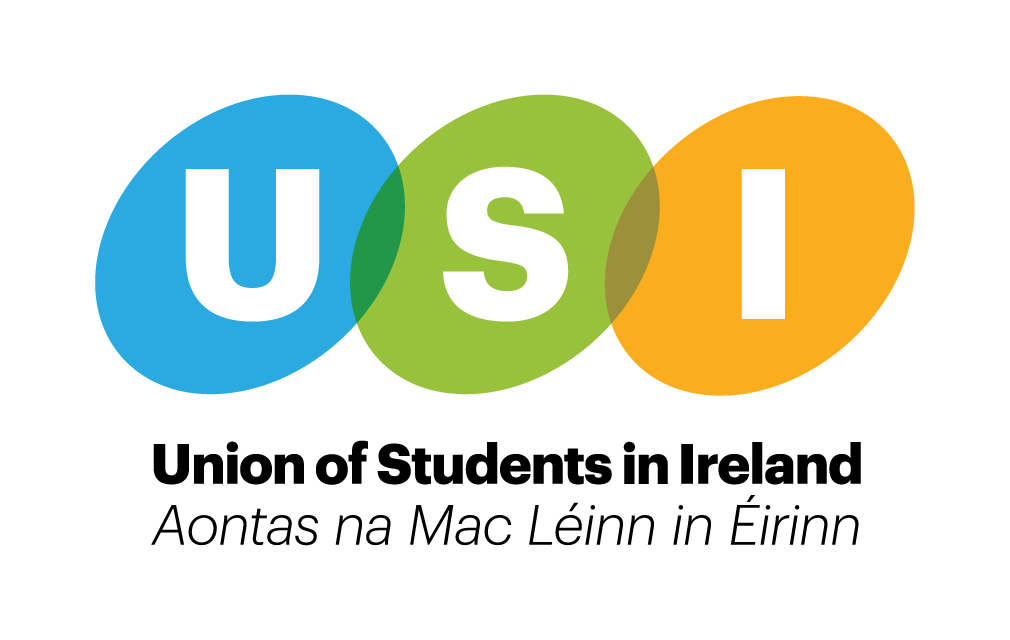On Friday, the Union of Students in Ireland (USI) National Council passed a motion on electoral reform.
The motion mandates that the USI president commission a report on the running of USI elections, including the possibility of directly electing officers and the barriers facing students seeking to run for a position.
USI will explore possibilities such as mandating all student unions adopt the system of Trinity College Dublin Students’ Union (TCDSU) and University College Cork Students’ Union (UCCSU), whereby the student mandate is determined by a student-body referendum.
Other possibilities include USI adopting a system of direct voting in their elections, which could possibly require a data-sharing agreement with the Higher Education Authority (HEA) or member organisations pre-registering their own students for USI elections, bypassing the need for a data-sharing agreement.
The motion welcomed the increase in non-sabbatical members running for election and noted that there is significant difficulty in ensuring equity in elections due to campaigning costs and unofficial hustings, exacerbated by the cost of living crisis and lack of access to resources from member organisations.
Describing the USI voting system as “fractured” due to some unions having a free vote and others having class representative or student body mandates, the motion remarked that pre-mandated unions often have a low turnout and that mandated votes are not always honoured by delegates.
Currently, the USI Executive Team members are elected through single transferable vote (STV) by delegates of member student unions. The delegates are mandated to vote for candidates by their students’ unions through various methods, such as student-wide referenda or class representative voting.
The motion further stated that ordinary students running for election who are not sabbatical officers would benefit from ordinary students being able to vote directly in elections and that direct voting would increase democratic participation and mobilising capacity in USI.
In a statement to Trinity News, TCDSU President Laszló Molnárfi said: “I was happy to see the motion proposed by TCDSU passed at USI National Council to explore the possibility of reforming USI elections. Firstly, the motion mandates a report into ordinary student participation in these elections and the associated financial barriers with a view to making elections more equitable across the board. Furthermore, it also mandates the USI to explore direct elections.”
“In the interest of democracy, the national representatives of students, the USI Coiste Gnó, should be voted on by the entire student body in all affiliated member organizations of the USI. This is not the case currently.”
“By having direct elections, we invite mass participation from the ordinary student body of Ireland, and so we are one step closer to the movement we need”, Molnárfi added.
TCDSU Council previously passed a motion in November mandating that the union lobby for all USI sabbatical members to be voted on by the student body in all affiliated member organisations of the USI.
Speaking to Trinity News before the vote, Molnárfi emphasised the importance of student engagement in the USI, stating that “if the USI wants to sustain the engagement it got at the student walkout, it has to change structurally”.






